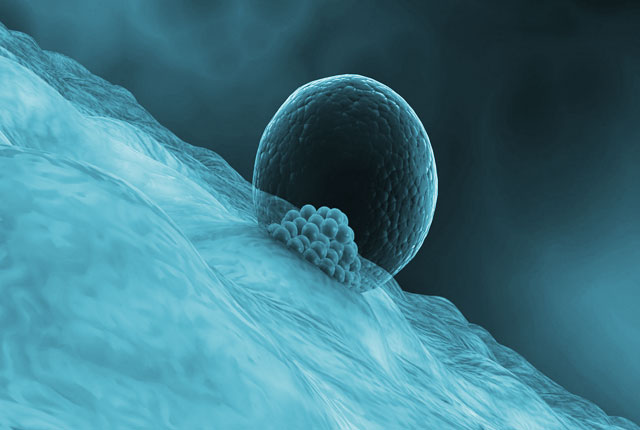

Implantation Window (IW) is a genetic test that identifies the optimal time for embryo transfer to the uterus during IVF. The test evaluates endometrial receptivity status which is the exact time where the endometrial lining is most receptive to implantation. Identifying the ideal embryo transfer time increases the chances of a successful pregnancy.

IW testing is recommended for women who have experienced recurrent implantation failure (having had two or more unsuccessful embryo transfers during IVF, despite having euploid embryos with optimal morphology).

The test is important for cases where recurrent implantation failure may be attributed to an unpredictable or displaced Window of Implantation (WOI), that may be taking place either earlier or later than predicted. About 25% of IVF failures are due to a lack of synchronization between endometrial responsiveness and embryo implantation. Therefore, IW testing can help overcome this limitation by allowing for a precisely timed embryo transfer, hence increasing the chances for a successful outcome. For patients to properly utilize the Implantation Window test, they should have a morphologically normal uterus and endometrial thickness.

Based on the genetic analysis, IW results are reported and interpreted as follows: